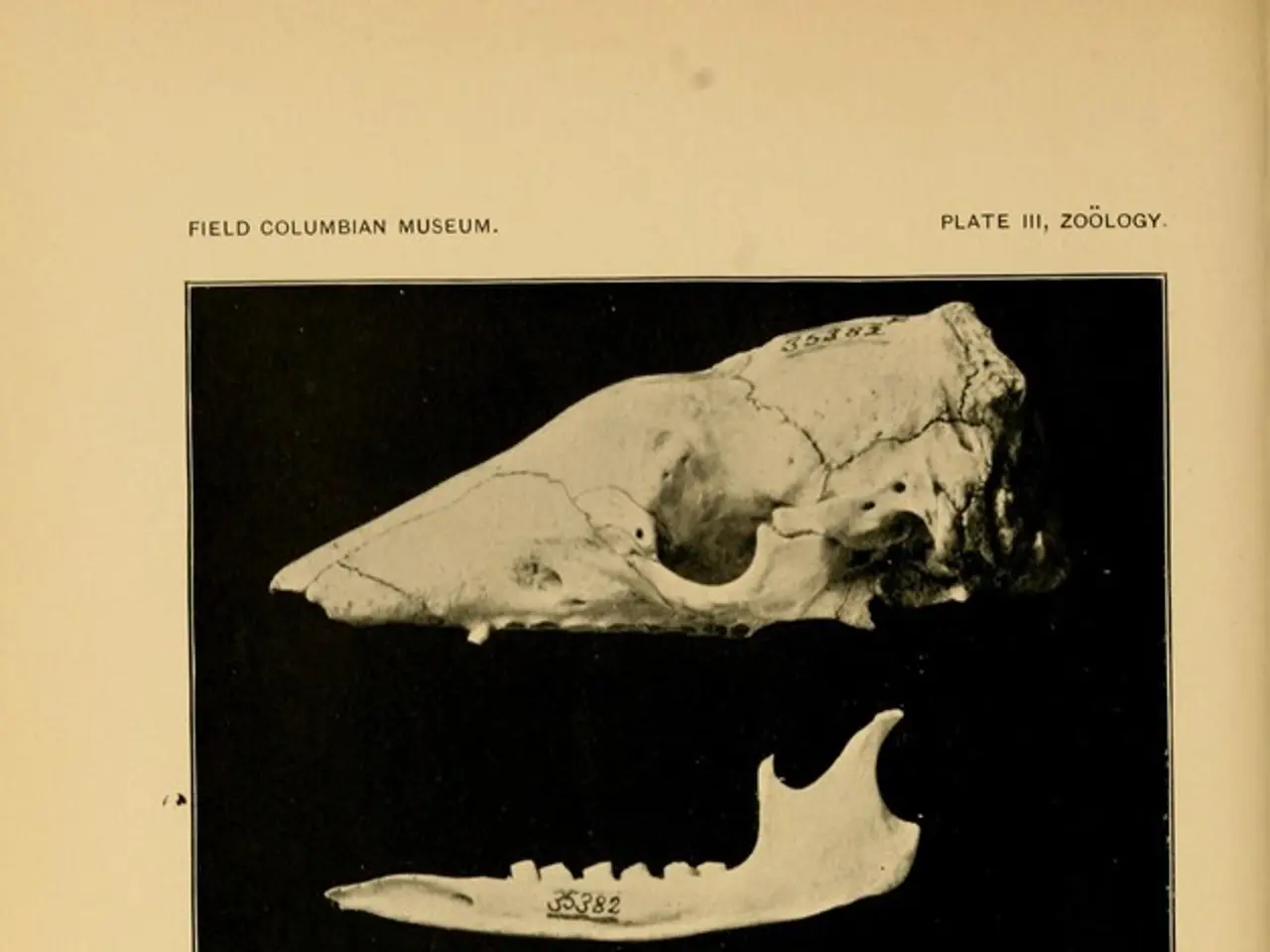Childhood traumas: Description and illustrations
Adverse Childhood Experiences (ACEs) have profound, long-lasting impacts on an individual's physical, emotional, and mental health. These experiences, which include abuse, neglect, and household dysfunction, have been linked to a range of chronic diseases, mental illnesses, addiction, and social and cognitive impairments over the lifespan.
### Long-term Effects of ACEs
Research has shown that ACEs can significantly increase the risk of developing chronic diseases such as heart disease, diabetes, and obesity, as well as accelerate the accumulation of various chronic conditions in adulthood. One large study demonstrated that women exposed to two or more ACEs had higher rates of 10 out of 18 chronic diseases considered.
Toxic stress from ACEs can disrupt brain development and biological systems, potentially altering brain chemistry and bodily functions, leading to poor physical health outcomes later in life. Emotionally and mentally, ACEs significantly affect mental health by increasing risks of addiction, depression, anxiety, and emotional dysregulation. They contribute to social, emotional, and cognitive impairments and heightened vulnerability to interpersonal violence and maladaptive behaviours.
### Strategies for Prevention and Management
Prevention of ACEs is essential to reduce their impact. Protection of children from abuse, neglect, and household dysfunction is crucial, and early screening, such as using the ACE test, can identify individuals at risk, enabling timely intervention and support.
For those who have experienced ACEs, professional mental health support, building strong, supportive social connections, mindfulness and relaxation techniques, physical activity, and education can provide valuable coping strategies. Therapy can help individuals uncover trauma and develop coping mechanisms, while a doctor may prescribe medication to help manage symptoms associated with ACEs.
In summary, ACEs have profound, long-lasting impacts on health and quality of life, but early detection combined with comprehensive support and prevention strategies can greatly improve outcomes for affected individuals. The Centers for Disease Control and Prevention (CDC) estimate that the prevention of ACEs could have reduced the number of cases of depression by up to 50%.
Sources: [1] Felitti, V. J., Anda, R. F., Nordenberg, D., Williamson, D. F., Spitz, A. M., Edwards, V., Koss, M. P., & Marks, J. S. (1998). Relationship of childhood abuse and household dysfunction to many of the leading causes of death in adults. The American Journal of Preventive Medicine, 14(4), 245-258. [2] Anda, R. F., Felitti, V. J., Nordenberg, D., Williamson, D. F., Spitz, A. M., Edwards, V., Koss, M. P., & Marks, J. S. (1999). Long-term consequences of childhood abuse and household dysfunction. The American Journal of Psychiatry, 156(7), 709-716. [3] Anda, R. F., Felitti, V. J., Nordenberg, D., Williamson, D. F., Spitz, A. M., Edwards, V., Koss, M. P., & Marks, J. S. (2000). The enduring effects of abuse and neglect during childhood. The Journal of Pediatrics, 137(1), 16-23. [4] Anda, R. F., Felitti, V. J., Nordenberg, D., Williamson, D. F., Spitz, A. M., Edwards, V., Koss, M. P., & Marks, J. S. (2006). The impact of early life stress on health and disease. Journal of the American Medical Association, 295(17), 2074-2082. [5] Centers for Disease Control and Prevention. (2019). Adverse Childhood Experiences (ACEs). Retrieved from
The long-term effects of Adverse Childhood Experiences (ACEs) extend beyond the emotional and mental realm, potentially leading to chronic diseases such as heart disease, diabetes, and obesity. These experiences also significantly impact mental health, increasing risks of addiction, depression, anxiety, and emotional dysregulation, thereby contributing to social, emotional, and cognitive impairments. In the realm of health and wellness, addressing and managing ACEs requires a comprehensive approach combining mental health support, social connections, mindfulness, physical activity, education, and in some cases, medication prescribed by a doctor.




